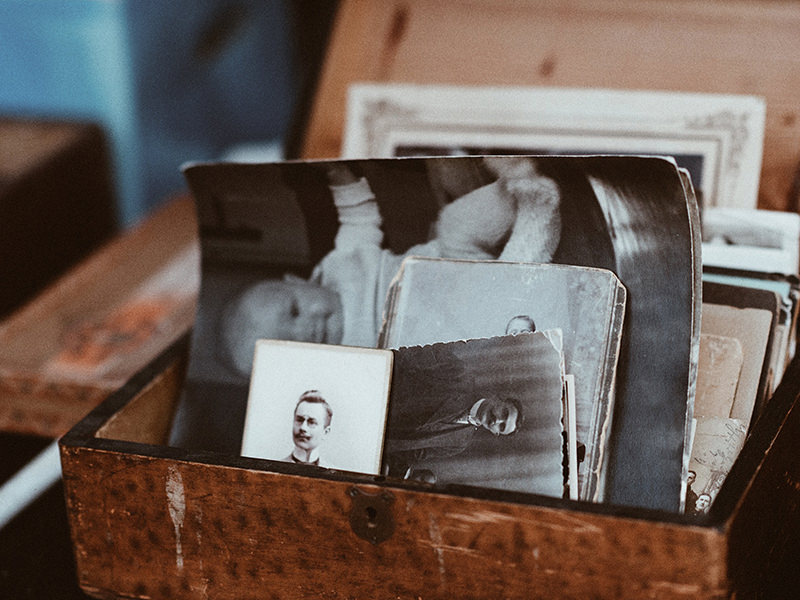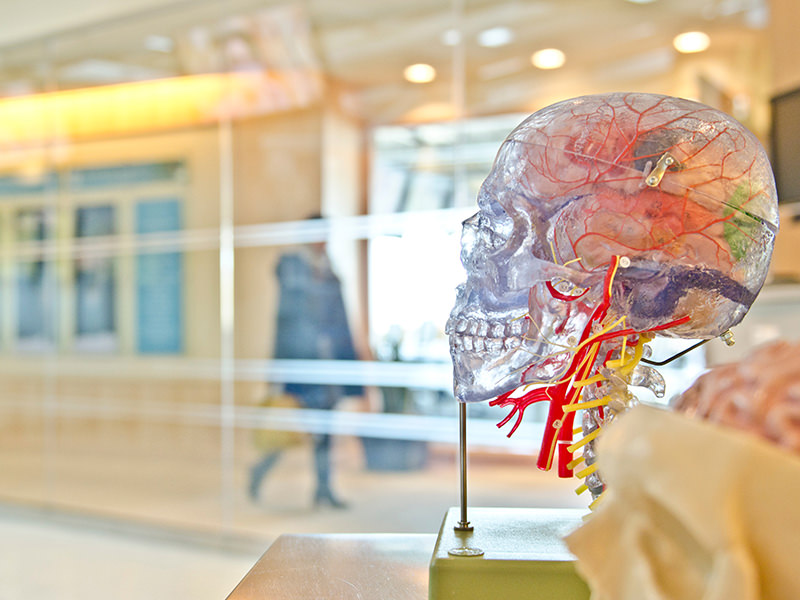For many years gambling has been seen as a vice or greed that could be prevented if the person involved had more restraint and not as an addiction. It has been said that you can’t be addicted to gambling. So in recent years when the NHS started to administer naltrexone to help gamblers there was outrage. This drug was used only to treat alcohol addiction and it was seen as a waste of money administering it to gamblers.
Why were doctors giving this drug to those with a gambling problem, surely that is a behavioural disorders not a chemical one. When you look at both behavioural and chemical problems they seem to be quite different. Drug users are putting chemicals into their bodies to enhance a euphoric state while gamblers are not. However, they both have a chemical effect on the brain and this is what was discovered. When a bet bears fruit the brain of the gambler acts like the effects of drug taking.

An adrenalin rush gives the gambler a feeling of euphoria as the brain is drowned with dopamine and norepinephrine which are the same chemicals that are released when alcohol is taken. The body may become accustom to this feeling and believe it is what is needed to feel normal.
The effects of risky gambling can be as dangerous as taking class A drugs. Like a drug or substance abuser stress, angst and depression can result and the gambler may well end up being convicted of stealing and even fraud as a result of chasing the money to get their fix. It is as important to treat these people as it is other addicts.

Although naltrexone has shown to work in recovery for addicts it is unsure how it works. It is believed to block the euphoric effects of drugs, alcohol and gambling as it reduces the incentive to get involved with these activities. It is believed that naltrexone has an effect on the reward and pleasure centre of the brain and is known to be a big part in a variety of substance abuse. It is also known to reduce symptoms of depression which is also a factor in problem gamblers.
Leaning on drugs for recovery is all very well but is there a risk? More naltrexone studies are required to show if this drug is safe to use. It is also important to offer other treatments that can complement this drug, such as, therapy and also support, as addiction is a involved disease and a many angle approach may be the best option.
